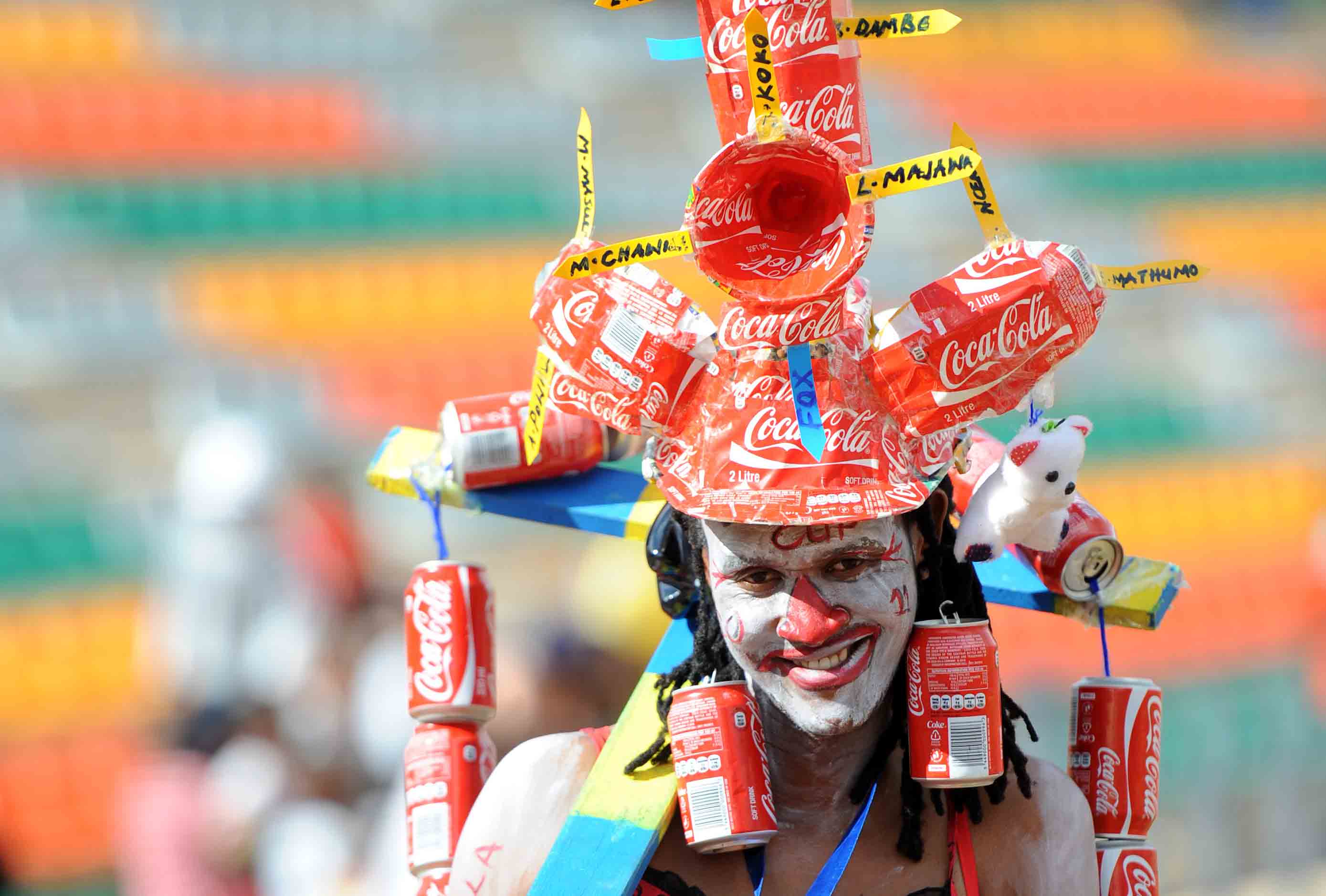Coca Cola’s potentially heavy blow on KBL
- Coca Cola products to wipe off 30% of KBL Profits
- BPOPF, BDC to lose more
- KBL to no longer sell soft drinks
- In 2017, P64m came from Coca Cola products
- Rivalry between Coke and ABInbev, the Pepsi trader
Gazette Reporter
In August this year brewers of St Louis Lager, Kgalagadi Breweries Limited, could lose more than 30 percent of profits when The Coca Cola Company completes its acquisition of the company’s non-alcoholic drinks segment and exits the AB Inbev group.
KBL’s holding company, Sechaba Breweries Holdings Limited announced on the Botswana Stock Exchange (BSE) that Anheuser-Busch InBev (ABI) and The Coca Cola Company (TCCC) reached an agreement in principle for TCCC, or any of its affiliates to acquire the non-alcoholic ready-to-drink business segment of KBL, subject to receipt of any requisite regulatory approvals and material consents.
Before he left the employ of KBL in December 2017, former Managing Director (MD) Johan de Kok revealed that KBL’s non-alcoholic division was very significant in that it accounted for about 30 percent of KBL’s total profits. By December 2017, KBL made P208 million in profits. Using de Kok’s estimates, it means that during the 2017 full year, a staggering P62.4 million was made from the non-alcoholic drinks, mostly products of TCCC. The entrance of the South American conglomerate beverage producer AB Inbev into KBL shareholding came with its fair share of problems, adding to the already existing ones caused by the alcohol levy and trading restrictions.
After AB InBev, which bought SABMiller for more than $100-million in October 2017, was complete, The Coca Cola Company also announced that it was buying back the 54 percent stake held by ABInbev in Coca Coca Company Africa (CCBA) for about US3.15 billion.
AB InBev also owns a soft drinks business that has bottling contracts with PepsiCo, a continental rival of Coca-Cola and ally of SABMiller.
Should the Coca Cola Company complete its acquisition, it means that KBL, which is now owned by ABInbev in majority, will cease selling any product produced by the Coca Cola Company. It means that KBL will stop the sale of Coca Cola , Fanta, Sprite, Minute Maid, Powerade and many other non-alcoholic beverages produced by the Coca Cola Company, which accounted for over 30 percent of KBL earnings.
This means a quarter of KBL’s profits in future will be wiped of permanently, according Moemedi Mosele, a capital market analyst at brokerage firm, Motswedi Securities.
However, the stockbroker cautioned further that investors in Sechaba stand to lose money because of the shrinking share price and the declining profitability. Government is a major investor through its investment arm, the Botswana Development Corporation (BDC). Headed by Managing Director Bashi Gaetsaloe, BDC holds a 26 percent equity stake. In-fact, KBL is BDC’s cash cow and the top revenue driver for the government investment arm. Further, pensioners, whose money is managed by the Botswana Public Officers Pension Fund (BPOPF) will see investments made in Sechaba depreciating, because of dwindling profitability which shrinks dividends and the falling value shares.
Through its asset managers, BPOPF holds a stake of approximately 22 percent in the beer brewing firm. The stake however, keeps depreciating by value, after the beer makers share price lost over 28 percent since 2016. By 2016, Sechaba had a market Capitalisation of almost P4 billion. Market Capitalisation is calculated by multiplying the total number of shares by the present share price. A declining share price takes down with it, the market value.
In 2016, Sechaba was one of the most valuable counters on the Domestic Companies Index (DCI), rubbing shoulders with the likes of First National Bank Botswana (FNBB), the nonpareil commercial banking outfit, which had in 2016 the largest market value on the DCI at over P9 billion. Botswana Insurance Holdings Limited (BIHL) which offers a mélange of financial services, was the second most valuable at over P4 billion, while the fattening Barclays Bank and behemoth micro-finance outfit Letshego Holdings Limited were valued at P3.8 billion and P5.3 billion respectively. Three years down the line, Sechaba is no longer amongst the five most valuable on the domestic bourse by market cap. From a market cap of almost P4 billion, the company slipped to an abashing P2.5 billion as at July 2018, wiping out over 35 percent (an equivalent of P1.4 billion) of its market Capitalisation value. As of to date, the company’s share price has shrunk considerably.
By December 2016, the sole beer brewing firm was selling at 2700 thebe per unit, by July 2018, the share price has fell to 1900 thebe per share, after losing more than a quarter of its value.
Meanwhile, KBL board of directors announced that on 3 July 2018, AB InBev Africa (ABI Africa), AB InBev Botswana (ABI Botswana), and together with, KBL, Strategic Alliance J.V. along with TCCC and ABI, entered into a Master Purchase Agreement in terms of which the Sellers have agreed to dispose of their interests in KBL’s business of preparing, packaging, distributing, promoting and selling non-alcoholic ready-to-drink beverages in Botswana.
Only the manufacturing, distribution, marketing and sale of Mooka Mageu beverages, shall be excluded.

